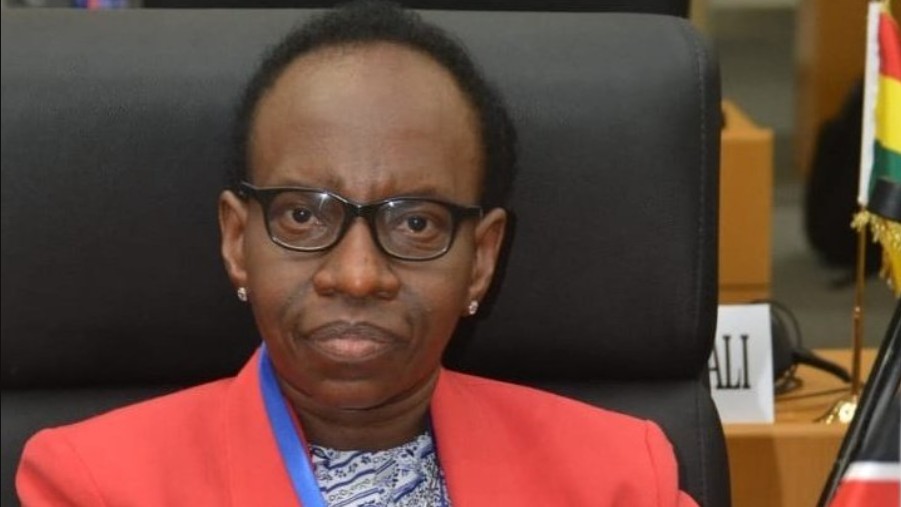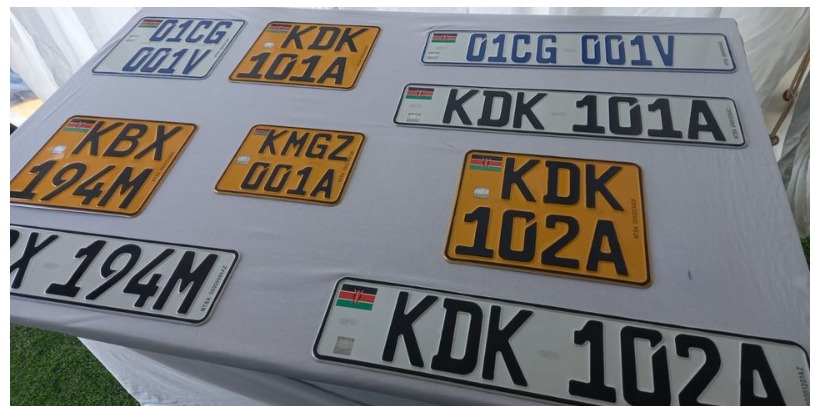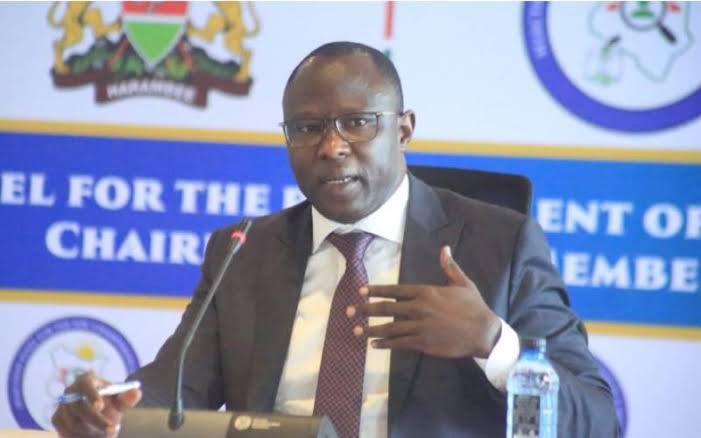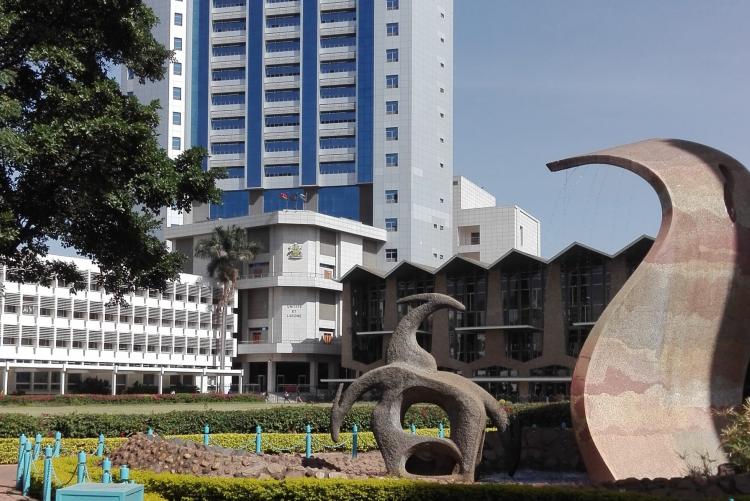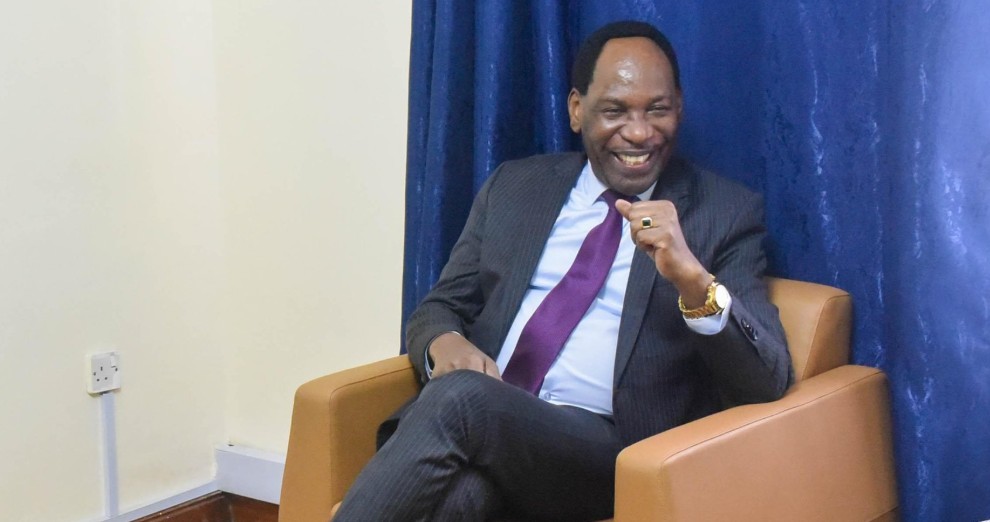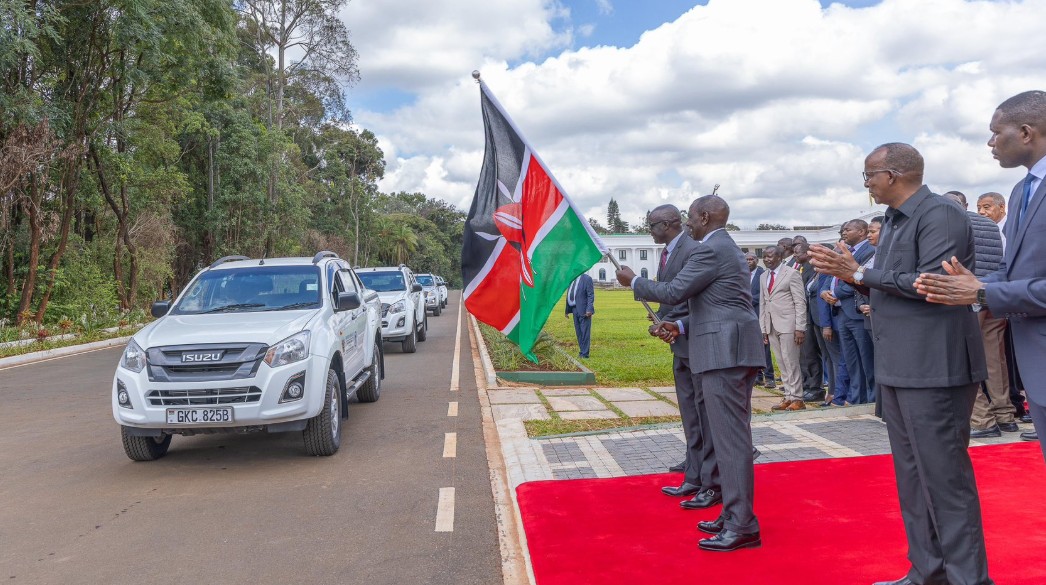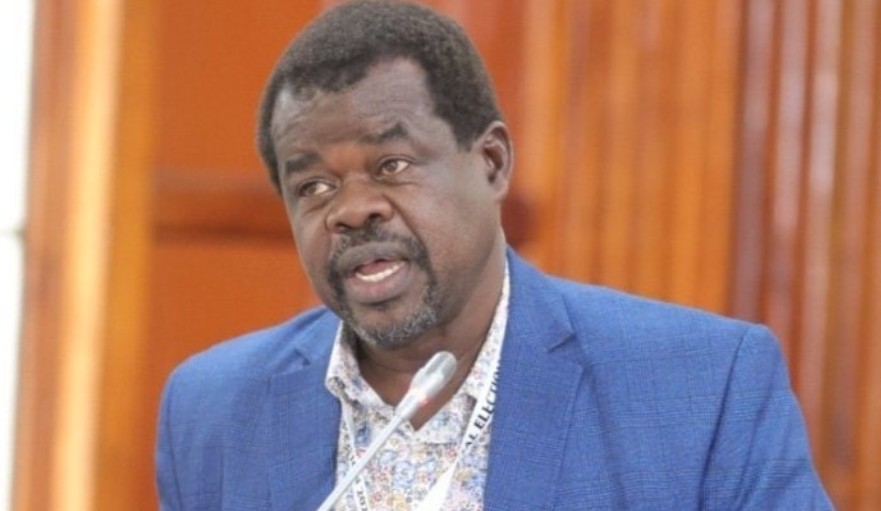Taxes account for 46 per cent of fuel prices as state increases levies to meet revenue targets

Kenya's dependence on fuel taxes has deepened in recent years as the government seeks more revenue from this vital commodity.
Kenya's fuel prices are now heavily impacted by taxes, with levies accounting for nearly half of the cost per litre of petrol and diesel.
The latest price adjustment, set to last until February 14, 2025, has seen taxes rise to 45.8 per cent of the price of petrol and 41.14 per cent of diesel.
More To Read
- We just want to survive: Small traders plead for lower taxes, fuel prices and honest governance
- Inflation up to 3.5 per cent in February on increased food and transport costs
- Kenyans brace for fuel price hike as EPRA cites rising global costs
- CBK projects cheaper fuel in 2025 will ease burden on businesses, households
- You will still pay higher fares despite fuel price drop, matatu association says
- Government extends controversial G-to-G oil deal, citing stabilisation of shilling
This marks a notable increase from June 2023, when taxes accounted for 40.1 per cent of petrol prices and 36.4 per cent of diesel prices.
The surge in taxes is primarily due to increases in the Road Maintenance Levy (RML) and the Railway Development Levy (RDL), which have added a significant portion to the cost of fuel.
Currently, motorists are paying Sh80.91 in taxes for every litre of petrol and Sh69.2 for every litre of diesel. This rise comes as a reminder of the government's growing reliance on fuel taxation to meet its revenue targets.
The Railway Development Levy has seen a major hike, with the charge rising to Sh25 per litre for both petrol and diesel, up from Sh18 in June 2023.
The levy's rates were also adjusted in the most recent price schedule, with petrol being charged at Sh1.52 per litre and diesel at Sh1.60 per litre, both up from their previous rates.
These levies are among the several taxes that fuel consumers face, including the 16 per cent Value Added Tax (VAT), excise duty, the Petroleum Development Levy, and others.
Kenya's dependence on fuel taxes has deepened in recent years as the government seeks more revenue from this vital commodity. In July 2023, the VAT on fuel was raised to 16 per cent, doubling the previous rate.
The RML, too, saw an increase of Sh8 per litre in the same period. These increases followed a push by the Ministry of Roads and Transport, which successfully lobbied Parliament to raise the Railway Development Levy by another Sh8 per litre of both petrol and diesel.
Public concern
The rise in taxes has sparked public concern, especially after earlier promises that such increases would be delayed until fuel prices dropped.
Former Transport Cabinet Secretary, Kipchumba Murkomen (now Interior CS), had assured the public that the Railway Development Levy increase would be postponed until fuel prices began to fall.
However, the government proceeded with the hike despite public protests.
This increase in fuel taxes coincides with a rise in fuel prices for the first time in 15 months.
In Nairobi, the cost of a litre of diesel rose to Sh167.06, up from Sh165.06, while petrol prices edged up slightly from Sh176.29 to Sh176.58.
The rise is attributed to the increased cost of shipping fuel products, which directly affects consumers and businesses across the country.
The impact of these price hikes is far-reaching. Higher fuel prices have a direct effect on inflation, particularly in a diesel-driven economy like Kenya's.
Diesel is used extensively in public transport, power generation, and manufacturing. It is also essential for agriculture, as most farm machinery runs on diesel.
Therefore, increases in fuel prices often lead to higher costs for goods and services, particularly food items.
Top Stories Today

